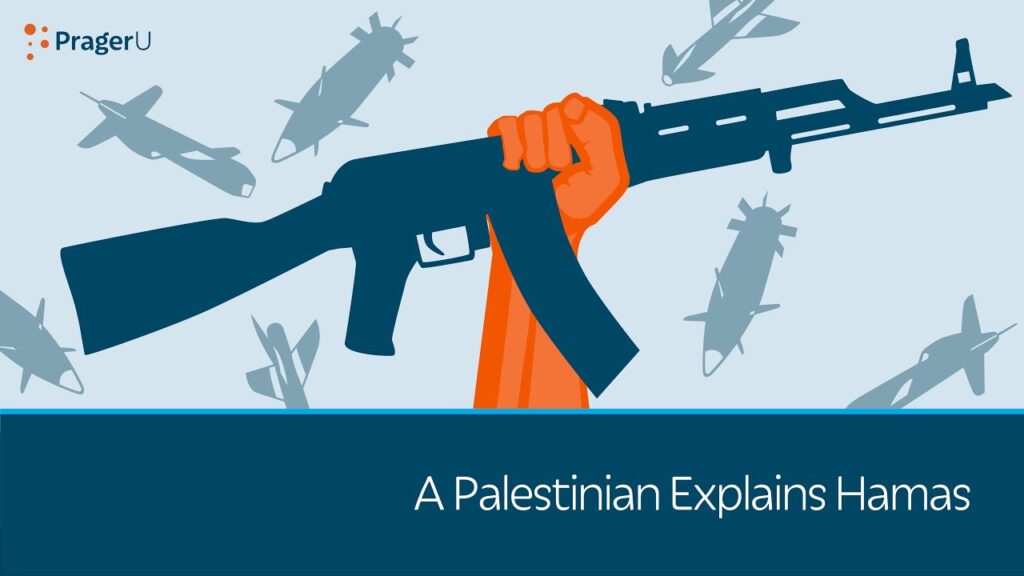The Ancient Germanic Peoples
The Germanic peoples had a lasting impact on European history, terrorizing the Roman Empire for centuries before conquering its Western half in 476AD, marking the end of Antiquity and the beginning of the Middle Ages.
Origins
The Germanic peoples were a collection of iron-age tribes living in the rugged forests west and north of the Rhine and Danube rivers during mid to late Antiquity. They were ancestrally related to many modern European peoples, including the Dutch, Swiss, Austrians, Flemish, Swedes, Norwegians, Danes, and Germans.
Society and Culture
Early Germanic society was predominantly rural, with people living in small to mid-sized villages. The economy revolved around agriculture, animal husbandry, and hunting. They were never a single nation, but rather a spectrum of independent tribes with similar but differing cultures and languages.
Warrior Culture
The Germanic peoples were highly martial, with war-leaders holding real power in their tribes. They possessed little to no cavalry, and their armies were made up of infantry wielding javelins, lances, and short spears. They protected themselves with long, oval or rectangular shields.
Religion
The Germanic peoples worshipped a pantheon of gods, including Wodanaz (Odin), Donar (Thor), and Tyr. They practiced human sacrifice, read divinations, and held ceremonies according to the seasonal cycle.
Interactions with the Roman World
The Germanic peoples had a complex, centuries-long relationship with the Roman Empire, marked by war, diplomacy, trade, and cultural integration. They were eventually able to defeat the Empire, leading to the fall of the Western Roman Empire in 476AD.
| Term | Definition | Example Usage |
|---|---|---|
| Germanic | Relating to the ancient Germanic peoples, a collection of iron-age tribes living in Europe. | The Germanic peoples were a significant force in European history, influencing culture, politics, and warfare. |
| Roman Empire | The ancient Roman state, which existed from 27 BC to 476 AD, characterized by a vast territorial reach and a complex system of governance. | The Germanic peoples had a complex relationship with the Roman Empire, marked by war, diplomacy, trade, and cultural integration. |
| Antiquity | The ancient period of human history, spanning from the earliest civilizations to the fall of the Western Roman Empire in 476 AD. | The Germanic peoples lived during the late Antiquity, a time of significant cultural, political, and economic change in Europe. |
| Middle Ages | The period of European history from the 5th to the 15th century, marked by the decline of the Roman Empire and the rise of feudalism. | The fall of the Western Roman Empire in 476 AD marked the end of Antiquity and the beginning of the Middle Ages. |
| Rural | Relating to a country or countryside, often characterized by a focus on agriculture and a simpler way of life. | Early Germanic society was predominantly rural, with people living in small to mid-sized villages. |
| Independent Tribes | Small, self-governing groups of people, often with their own distinct culture, language, and customs. | The Germanic peoples were never a single nation, but rather a spectrum of independent tribes with similar but differing cultures and languages. |
| Martial | Relating to war, the military, or a warrior culture. | The Germanic peoples were highly martial, with war-leaders holding real power in their tribes. |
| Pantheon | A collection of gods, goddesses, or supernatural beings worshipped by a particular culture or society. | The Germanic peoples worshipped a pantheon of gods, including Wodanaz (Odin), Donar (Thor), and Tyr. |
| Diplomacy | The art of managing international relations, often involving negotiation, compromise, and cooperation. | The Germanic peoples had a complex, centuries-long relationship with the Roman Empire, marked by war, diplomacy, trade, and cultural integration. |
Vocabulary Quiz: The Ancient Germanic Peoples
Choose the correct answer for each question:
-
What does the term “ancestrally related” mean in the context of the Germanic peoples?
- A) Related by marriage
- B) Sharing a common ancestor
- C) Living in the same region
- D) Speaking the same language
-
What was the primary source of power for war-leaders in Germanic tribes?
- A) Economic wealth
- B) Military strength
- C) Religious influence
- D) Political alliances
-
What was the purpose of reading divinations in Germanic religious practices?
- A) To predict the future
- B) To honor the gods
- C) To punish criminals
- D) To celebrate harvests
-
What marked the end of Antiquity and the beginning of the Middle Ages?
- A) The rise of Christianity
- B) The fall of the Western Roman Empire
- C) The discovery of America
- D) The Crusades
-
What was the shape of the shields used by Germanic warriors?
- A) Circular
- B) Oval or rectangular
- C) Triangular
- D) Square
Answer Key
- B) Sharing a common ancestor
- B) Military strength
- A) To predict the future
- B) The fall of the Western Roman Empire
- B) Oval or rectangular
The Use of the Past Perfect Simple and Past Simple in Narrative Texts
| Explanation |
|---|
| When telling a story or describing a sequence of events in the past, we often use a combination of the Past Simple and Past Perfect Simple tenses. The Past Simple is used to describe the main events or actions, while the Past Perfect Simple is used to describe an action that happened before another action in the past. The Past Perfect Simple is formed using ‘had’ + the past participle of the main verb (e.g. had conquered, had lived, had worshipped). In the provided text, we can see examples of both tenses being used to describe the history of the Germanic peoples. |
Quiz
Choose the correct answer to complete each sentence:
1. By the time the Germanic peoples ____________________ (conquer) the Western Roman Empire, they had already terrorized it for centuries. a) conquered b) had conquered c) were conquering d) conquer 2. The Germanic peoples ____________________ (live) in small to mid-sized villages during mid to late Antiquity. a) lived b) had lived c) were living d) living 3. The economy of the Germanic peoples ____________________ (revolve) around agriculture, animal husbandry, and hunting. a) revolved b) had revolved c) was revolving d) revolves 4. By the time the Germanic peoples ____________________ (defeat) the Roman Empire, they had already developed a complex culture. a) defeated b) had defeated c) were defeating d) defeat 5. The Germanic peoples ____________________ (worship) a pantheon of gods, including Wodanaz and Donar. a) worshipped b) had worshipped c) were worshipping d) worship



